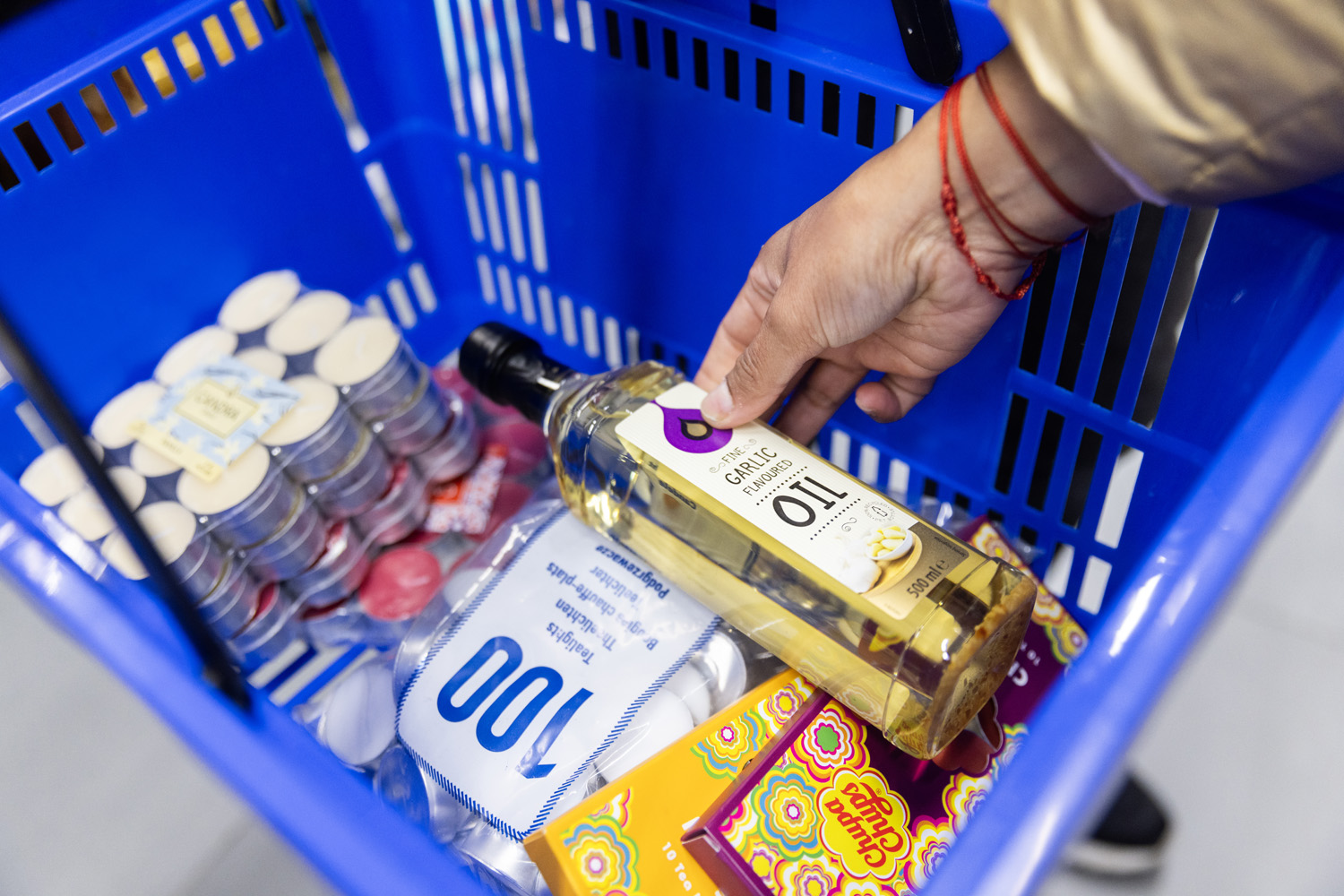Circularity
When we buy a product, we consider its circularity – i.e., how much recycled material it contains, or whether the product itself is recyclable. The more recyclable our products, the less goes to waste.
Currently, we’re focusing on at least five top-50 selling products from each of our product categories – this targeted approach allows us to increase circularity at scale.
Already, we’ve successfully improved products across ten categories. Using the Circular Transition Indicators framework, we examine products’ design, use, and end-of-life. So far, we have made significant improvements in linen, hobby and garden & outdoor products. Examples include our Comfibed duvets, containing 100% recycled polyester filling, our Sologic charging cable, made of more sustainable textile braiding, and our Van Bleiswijck paint tubes, containing 30% recycled content.
To reduce waste, we are also looking to make it easier to repair our electronic products. And under our Responsible Plastics Policy, we want to increase the share of recycled plastic in our products to 35% by the end of 2025.
